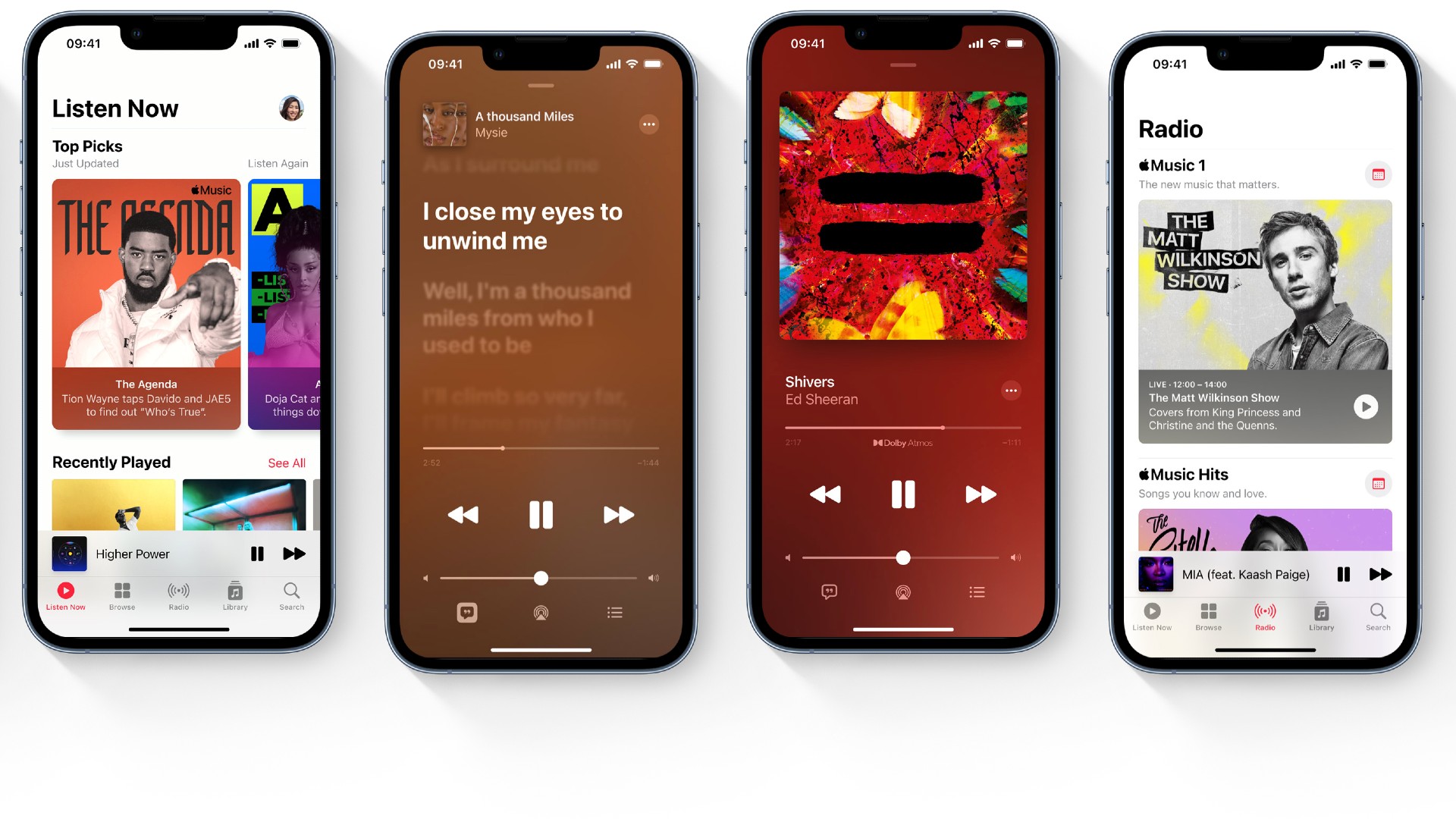
In the realm of digital audio, Opus stands as a game-changer. This modern audio codec, developed by a collaborative effort led by the Xiph.Org Foundation, surpasses traditional formats like MP3 and AAC by delivering exceptional sound quality at significantly lower bitrates.
Opus: Unveiling the Technical Marvel
Opus employs a hybrid coding approach, combining the strengths of both CELT (a speech-optimized codec) and a modified version of the popular AAC codec. This ingenious approach allows Opus to excel in encoding both speech and music efficiently.
Here’s what makes Opus tick:
- Multi-Rate Encoding: Opus offers exceptional flexibility with bitrate options ranging from as low as 6 kb/s to well above 500 kb/s. This caters to various applications, from bandwidth-constrained voice calls to high-fidelity audio streaming.
- Speech and Music Optimization: The CELT component within Opus excels at capturing the intricacies of human speech, ensuring clear and natural-sounding voice communication. Additionally, the modified AAC component delivers high-quality music reproduction at lower bitrates compared to traditional codecs.
- Reduced Latency: Opus is particularly well-suited for real-time applications like voice conferencing and online gaming due to its low encoding and decoding latency. This minimizes delays between sending and receiving audio data, creating a more seamless and interactive experience.
Opus: Advantages Over Traditional Codecs
Compared to established formats like MP3 and AAC, Opus offers several compelling advantages:
- Superior Sound Quality at Lower Bitrates: Opus delivers noticeably better audio quality, particularly at low bitrates, where traditional codecs often exhibit significant audio degradation.
- Broader Application Suitability: Opus’s ability to efficiently encode both speech and music makes it a versatile choice for a wider range of applications compared to codecs specifically designed for speech or music.
- Open-Source and Royalty-Free: Unlike some proprietary codecs, Opus is open-source and royalty-free. This eliminates licensing fees and fosters wider adoption across various platforms and applications.
Opus: Shaping the Future of Audio
The unique capabilities of Opus are leading to its growing adoption in various sectors:
- Streaming Services: With a focus on bandwidth efficiency and quality, Opus is gaining traction in streaming services, particularly for voice-centric content like podcasts and audiobooks.
- Voice Conferencing and Calls: The low latency and speech clarity offered by Opus make it ideal for voice conferencing applications like Zoom and WebRTC, ensuring smooth and natural-sounding communication.
- Web Real-Time Communication (WebRTC): Opus is increasingly becoming the preferred audio codec for WebRTC, enabling real-time voice and video communication within web browsers.
Opus: A format Poised for Continued Growth
As technology advances and the demand for high-quality, low-bitrate audio solutions rises, Opus is likely to play an even more prominent role. Its open-source nature, versatility, and superior audio quality position it as a strong contender for the future of digital audio, shaping how we experience music, voice communication, and real-time online interactions.

